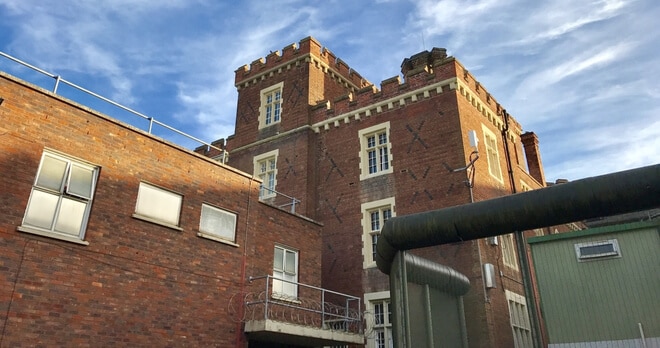Recent reports highlight continuing tragedy of prison deaths

Sadly the number of deaths in prison have been higher in the last six years than they have been since the 1970s. Deaths in prison can be particularly devastating for families as they are often given little, if any, information about the circumstances of how their loved one died. They may then be left with lots of unanswered questions about how their loved one came by their death when they were supposed to be under the care of the state and in a safe place.
In January 2020, the Government released its latest statistics on deaths in prison, showing that there had been 300 deaths in prison in 2019. This is over five deaths per week across the country.
The statistics also showed that 28% of those deaths were self-inflicted, which is one self-inflicted death every four days. Whilst 55% of the deaths are classified as ‘natural causes’, these are often still deaths that are likely to have been avoided with the provision of basic medical care.
The latest report into prison deaths
Also in January, INQUEST, a national charity and expert in state-related deaths, produced a new report into prison deaths. The report analyses 61 inquests in to deaths in prison that took place in 2018-19 (although the deaths themselves took place between 2013 and 2018).
Their research showed that the main areas of concern and continued failing in the prison system raised during these inquests were:
- inconsistent and insufficient mental health care provision. This included failures in proper assessment of mental health and a lack of information-sharing around prisoners’ risks of suicide or self-harm.
- basic medical care was not provided in line with the standard found in the community. They also found that there was often a lack of assessment or monitoring of prisoners’ pre-existing medical conditions, such as diabetes.
- a lack of communication between health care staff, mental health care staff and prison staff, which meant often there was a failure to share key information between the agencies and staff working with the prisoners.
- delays in calling emergency services, such as ambulances, and staff not being able to administer first aid.
- issues relating to prescription medications, such as delays in accessing prescribed medication, and issues relating to illicit drugs, such as staff not recognising or responding to signs of drug toxicity or overdose and a lack of proper management of prisoners’ drug or alcohol withdrawal.
HM Chief Inspector of Prisons has been critical of the scandal of deaths in prison stating:
“People in the care of the state are dying unnecessarily in preventable circumstances”
How an inquest into a death in prison works
Following a death in state detention, two investigations will take place. Firstly, the Prison and Probation Ombudsman (a body responsible for carrying out independent investigations into deaths and complaints in custody) will carry out an investigation and provide a report of their findings.
Secondly, and often many months or even years later, an inquest will take place.
An inquest will be attended by the family, representatives of the prison and, where relevant, the healthcare or mental health care provider in that prison. The inquest is an opportunity for a full investigation of the circumstances surrounding the death.
The inquest can be also be an opportunity to highlight where any care that was provided was not adequate or where there were opportunities that may have changed the outcome for the deceased. This will often be the only time when a family is able to ask questions of those who have information about their loved one’s death and seek answers about what happened.
The inequality of arms at inquests into state deaths
It is almost always the case that the prison service, the NHS, or other service provider in charge of prison healthcare and any other service providers, such as drug or alcohol services or mental health care providers, will have full legal teams at the inquest paid for by the taxpayer with an unlimited budget. In 2017 the Ministry of Justice spent £4.2 million on legal representation for the prison and probation service at prison inquests.
Families however, are not automatically entitled to legal aid to pay for their legal representation at an inquest. Instead they have to apply for Exceptional Case Funding, involving a complex financial means test as well as a ‘merits’ test to see whether their case qualifies for funding (which is not guaranteed). In 2017, families received just £92,000 for legal representation at prison inquests.
There is, undoubtedly, an inequality in the ability of families to obtain specialist legal representation to seek answers for their loved one’s death within the prison system, compared to the resources available to the prison service, healthcare and other service providers for them to protect their staff or seek to protect the interests of their own organisations.
The government has rejected calls for legal aid to be automatically available to families after a family member dies in the care of the state, such as in prison or police detention.
You can help support INQUEST’s campaign to overturn this decision by signing a simple petition.
Fortunately there are other ways of securing inquest representation at a loved one’s inquest and we are often able to help families through the inquest process even when Legal Aid is not available or has been refused.
